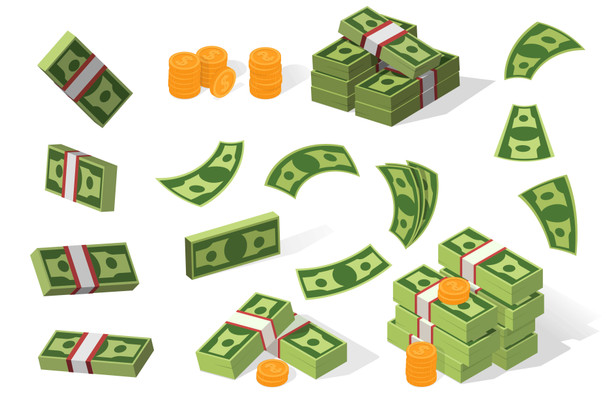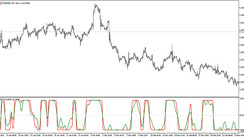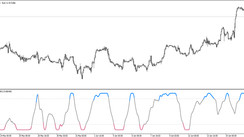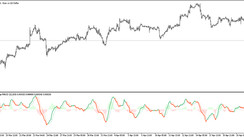A Central Bank is an entity that keeps balance in the economy of a nation, or of multiple countries. It controls the interest rates, increasing or decreasing them depending on the necessities of the economy. By extension, central banks also indirectly or directly control the currency market.
For Forex traders, therefore, it is imperative to follow the changes and announcements of the central banks. The actions of the central banks determine the value of a particular currency and make it easier to predict the movements on the forex market.
What do hawkish and dovish means?
The terms "hawkish" and "dovish" in central banks are related to the attitude that those institutions take regarding the economic situations in their countries and their stance on monetary policy. Both words come from their respective animal features, the hawk and the dove, applied to the behavior of central bankers.
Hawkish refers to the actions that the central bankers will take to prevent high inflation in the economy of a country. They will then increase interest rates and dampen economic growth that is too fast.
Dovish would be the opposite situation. Whenever the central banks want to avoid deflation or stimulate a slow economy, they decrease the interest rates. This action reduces the costs of obtaining credit, helping to improve the growth of the economy.
How are they different?
As you can see, hawkish and dovish are opposite stances of policymakers. Hawkish central bankers will increase interest rates to prevent inflation or heated economic growth. If a central bank decides to be hawkish, the currency of the country will likely strengthen, making it attractive for Forex investors.
On the other hand, a dovish central banker will reduce the interest rates to promote growth and prevent deflation. If a central bank becomes dovish, then the value of the currency will usually decline, making it cheaper for foreigners to purchase goods and services in that country. This action also stimulates the investments of other countries and helps economic growth.
How do they impact prices in Forex?
The increasing or decreasing of the interest rates has many consequences on the Forex markets, as mentioned earlier. So, currency traders and investors pay close attention to the information that the central banks announce periodically.
In a country where the central bank decisions are hawkish, investors will start placing their money in the currency of that country, so they can benefit from the high-interest rates that it offers. Hawkish doesn’t mean that the currency will strengthen immediately, but it is a sign that the possibilities are high that it will, so it is assumed to be a safe bet.
In a country where the central bank is dovish, Forex traders will be selling the currency of that country as they will expect its value to decline. International trade will also be affected as the costs of goods and services from this country will decrease at a global level, which leads to more demand from abroad. However, It is essential to pay attention to how low interest rates go because if they are still higher than other countries, it probably will mean that there won’t be so significant changes in the value of that currency.





